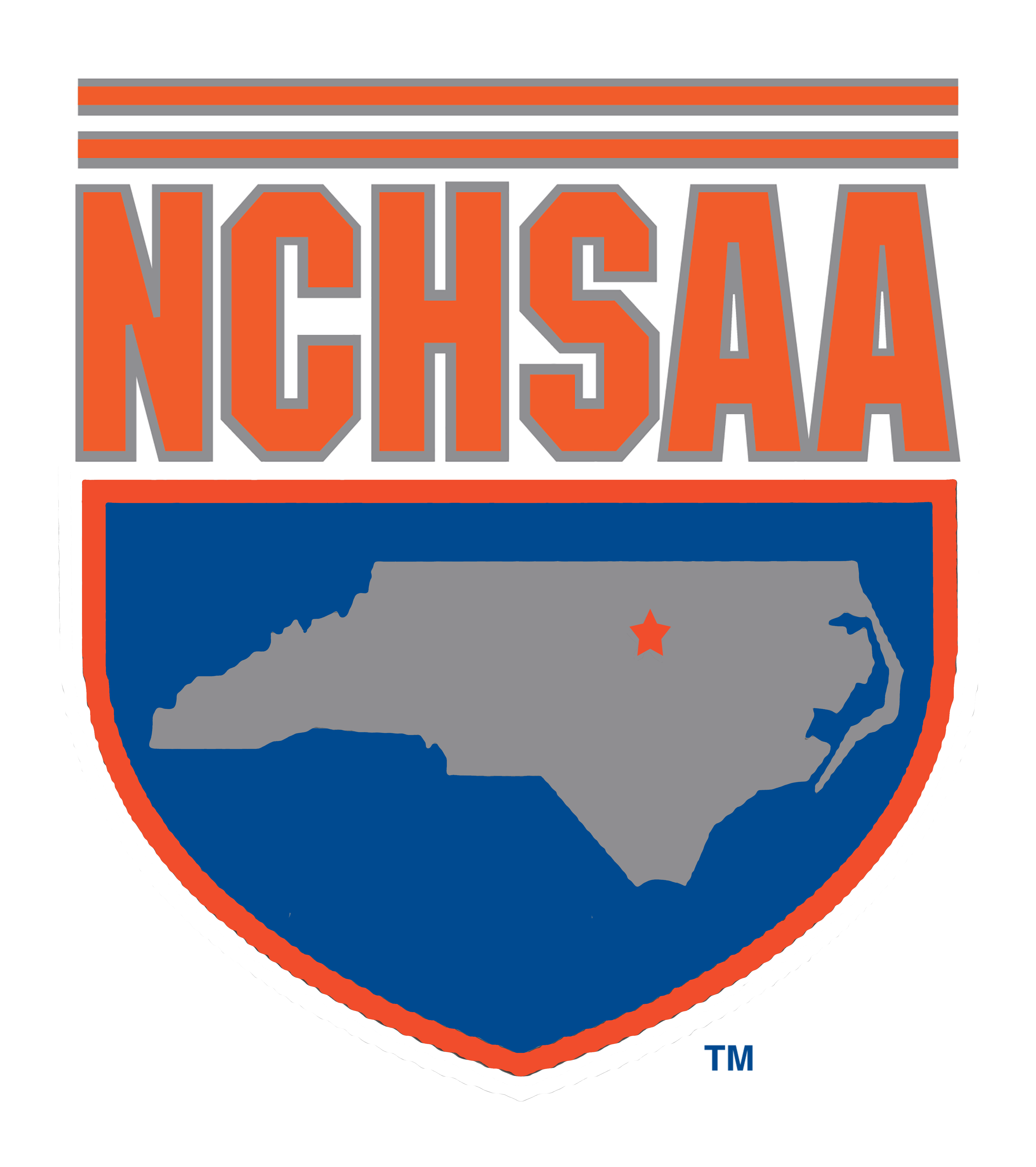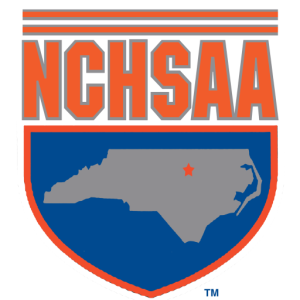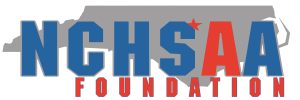RELAY EXCHANGE ZONE, PENALTY FOR ILLEGAL UNIFORMAMONG 16 TRACK AND FIELD RULES CHANGES
INDIANAPOLIS — New requirements for passing the baton in the exchange zone, and the penalty for wearing an illegal uniform highlight changes in high school track and field rules for next season.
The National Federation of State High School Associations (NFHS) Track and Field Rules Committee approved 16 rules changes at its June meeting in Indianapolis. All rules changes were subsequently approved by the NFHS Board of Directors.
Rule 5-10-7 will now state that the baton shall be handed from the incoming runner to the outgoing runner within the exchange zone. In addition, a new note will state that “the incoming and outgoing runners shall not simultaneously touch the baton outside of the 20-meter exchange zone.”
“This change will provide consistency in enforcement and will minimize a judgment call,” said Becky Oakes, NFHS director of sports and staff liaison to the Track and Field Rules Committee. “The new language fits the current technique of exchange method in high school track.”
Beginning next season, a competitor wearing an illegal uniform will first be issued a warning and will be required the make the uniform legal prior to further competition. A subsequent violation during the competition would result in disqualification from the event. Previously, the competitor was automatically disqualified for an illegal uniform.
“This adjustment of the penalty for an illegal uniform is more appropriate for the severity of the actual violation,” Oakes said. “The rule has been loosely enforced during the regular season and more strictly enforced at state tournament time. The responsibility remains with the coach to have his or her athletes in legal uniforms for competition.”
Among the changes in rules for field events, the most significant perhaps is a revision in the pole vault. The standards or uprights shall be set to position the crossbar from 18 inches beyond the vertical plane of the top of the stopboard, instead of the previous distance of 15.5 inches. The maximum distance remains 31.5 inches.
“This change will help vaulters land more in the center of the pad, providing a better range of placement of the standards and positioning the crossbar for risk minimization,” Oakes said.
Two additional changes approved by the rules committee focus on reducing the risk of injury. Rules 3-19-2 and 6-2-16 will be revised to state that only legal implements used in throwing events will be allowed in warm-ups. Also, a new article in Rule 5-1 will recommend, when feasible, an obstacle-free zone on the inside and outside of the track at least 1 meter in width.
Five other changes in throwing events were approved by the committee:
· Rule 6-2-2 requires the three preliminary trials to be taken in fights of no less than five in the order in which the competitors are listed for competition.
· In Rule 6-2-3, with no action from the games committee, one more competitor than places scored will advance to the finals.
· In Rule 6-4-2, a range of ¼-inch will be allowed in the rim thickness of the discus (.472 inches to .512 inches).
· In Rule 6-5-9j, it is a foul if the competitor uses the “cartwheel” technique in the shot put.
· In Rule 6-6-9, if the javelin breaks during the throw or in the air, it shall not count as a trial provided the throw is in accordance with the rules. A replacement throw shall be awarded.
Among the most significant changes in Rule 7 (jumping events), the committee approved the following revision to Rule 7-4-6 in the high jump: “In addition to the commonly used four-sided flat crossbar ends, the use of a crossbar fitted with alternative ends (semicircular) is permitted.”
In addition, the rules committee added time limits for consecutive attempts in field events which had not been addressed previously.
A complete listing of all rules changes approved by the committee is available on the NFHS Web site at www.nfhs.org. Click on “Athletics & Fine Arts Activities” on the home page, and select “Track and Field.”
Outdoor track and field is the second-most popular sport for boys, with 579,302 participants, and most popular sport for girls, with 475,265 participants, at the high school level, according to the 2011-12 NFHS Athletics Participation Survey. The sport ranks second in school sponsorship with 15,954 schools sponsoring the sport for boys and 16,030 sponsoring the sport for girls.


